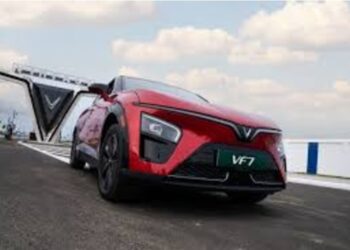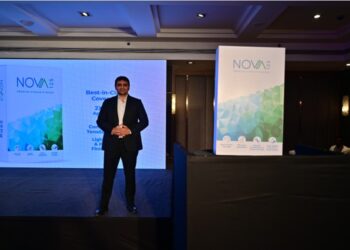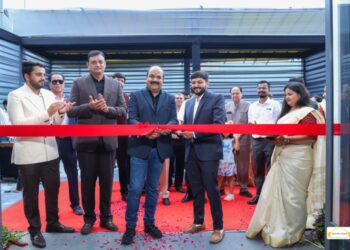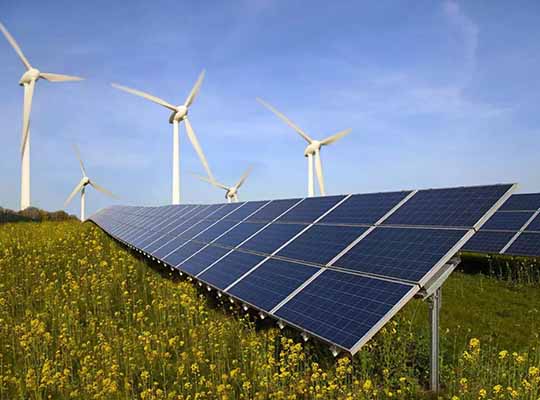FORT SMITH, Ark. – This MFG Day 2021 (Friday, October 1), ABB and thousands of companies will unite to promote the value and variety of career paths available to those interested in seeking a profession in manufacturing. For years, MFG Day has been an integral tool in recruiting top talent to the manufacturing industry. As a result, many of society’s greatest challenges are being successfully mitigated by the innovations today’s industry leaders are generating including our most daunting challenge yet: climate change.
Climate change poses one of the most unique and immediate threats to our society today. Over the next three decades, our world is expected to undergo rapid changes that will significantly affect our energy consumption. By 2050, the global population is anticipated to increase by two billion, the global economy is projected to double, 80% of new cars sold are predicted to be battery-powered, and the demand for electricity to power this growth will increase accordingly. Currently, all forms of electricity generation affect our air, water and land. The reality of the situation is that humankind’s impact on the environment will continue to expand. However, by generating and using electricity more efficiently, we can reduce the fuel needed for generation, resulting pollutions like greenhouse gases and other residuals.
There are many viable and renewable ways to generate electricity, but the U.S. Energy Information Administration projects that renewables will collectively increase to only 49% of global electricity generation by 2050. In 2018 the Intergovernmental Panel on Climate Change suggested that 2.3 billion acres of new forests could help limit the increase in global average temperature in that same time frame. But, that too takes nearly 30 years just to keep things the same.
However, companies have an opportunity to affect measurable change today using readily available innovations in manufacturing and industrial technology which allow commercial and industrial users to immediately reduce their electricity consumption and begin having a positive impact on the environment. Dr. Prakash Rao, Lawrence Berkeley National Laboratory Research Scientist and author of a recent report entitled U.S. Industrial and Commercial Motor System Market Assessment Report, suggests that this simple solution could help industry leaders reach their sustainability goals.
“As indicated in our report, motor-driven systems operate in virtually every industrial site and commercial building in the U.S., consuming close to one-third of all electricity produced domestically,” Rao said. It has been noted that these sectors could reduce their total energy consumption by as much as 10% by replacing existing motors with high-efficiency motors and variable speed drives technology and in effect, significantly slow the rate at which we are contributing to climate change.













